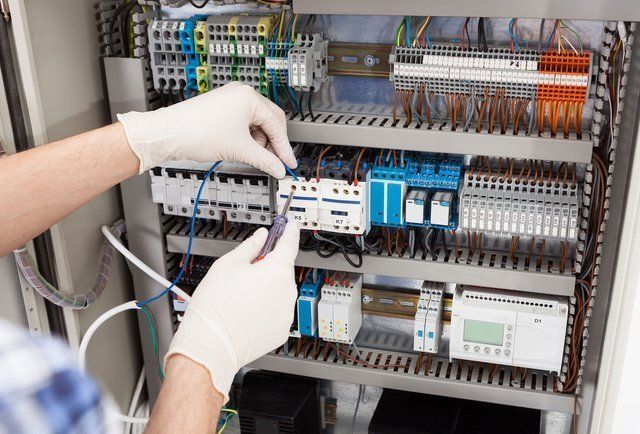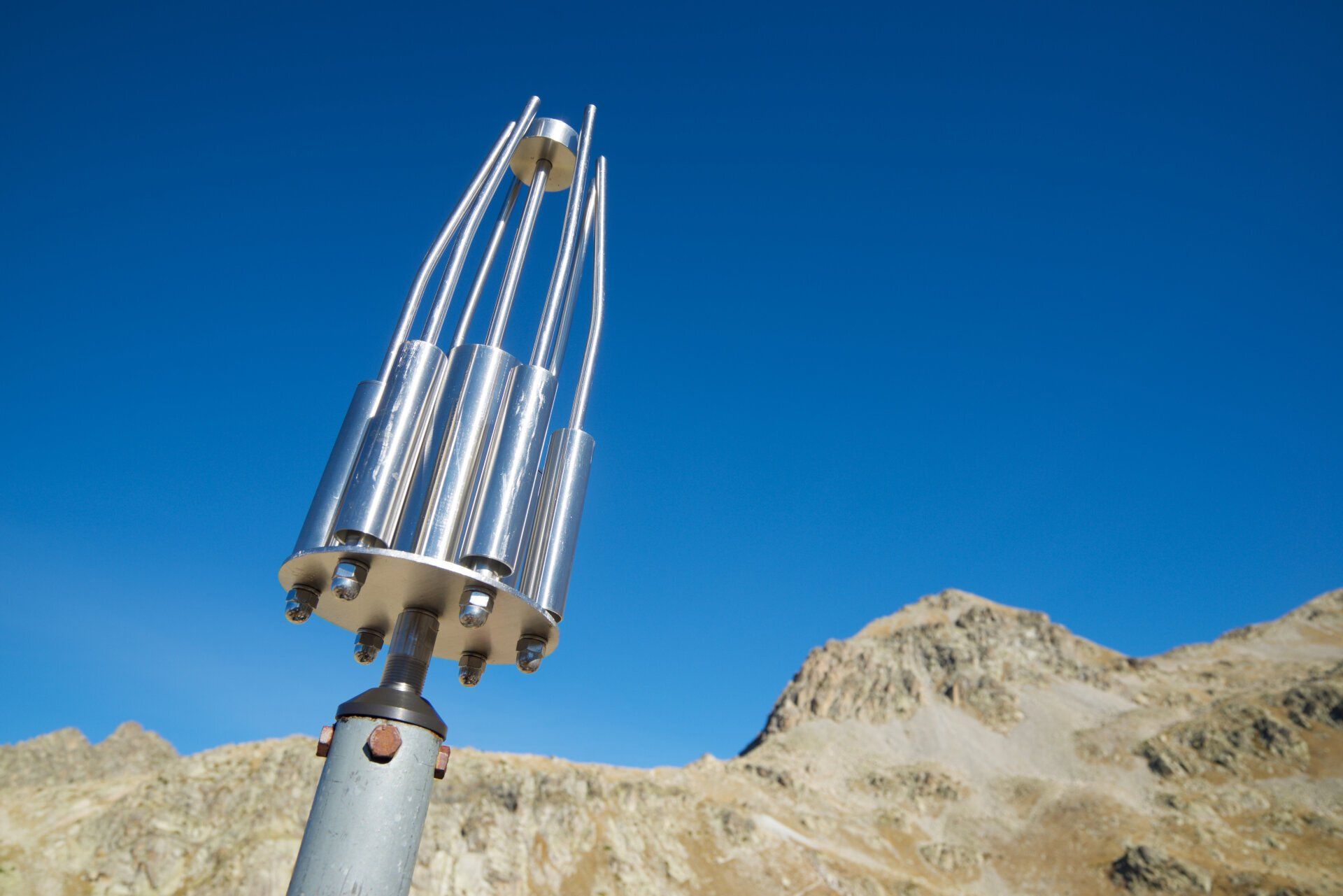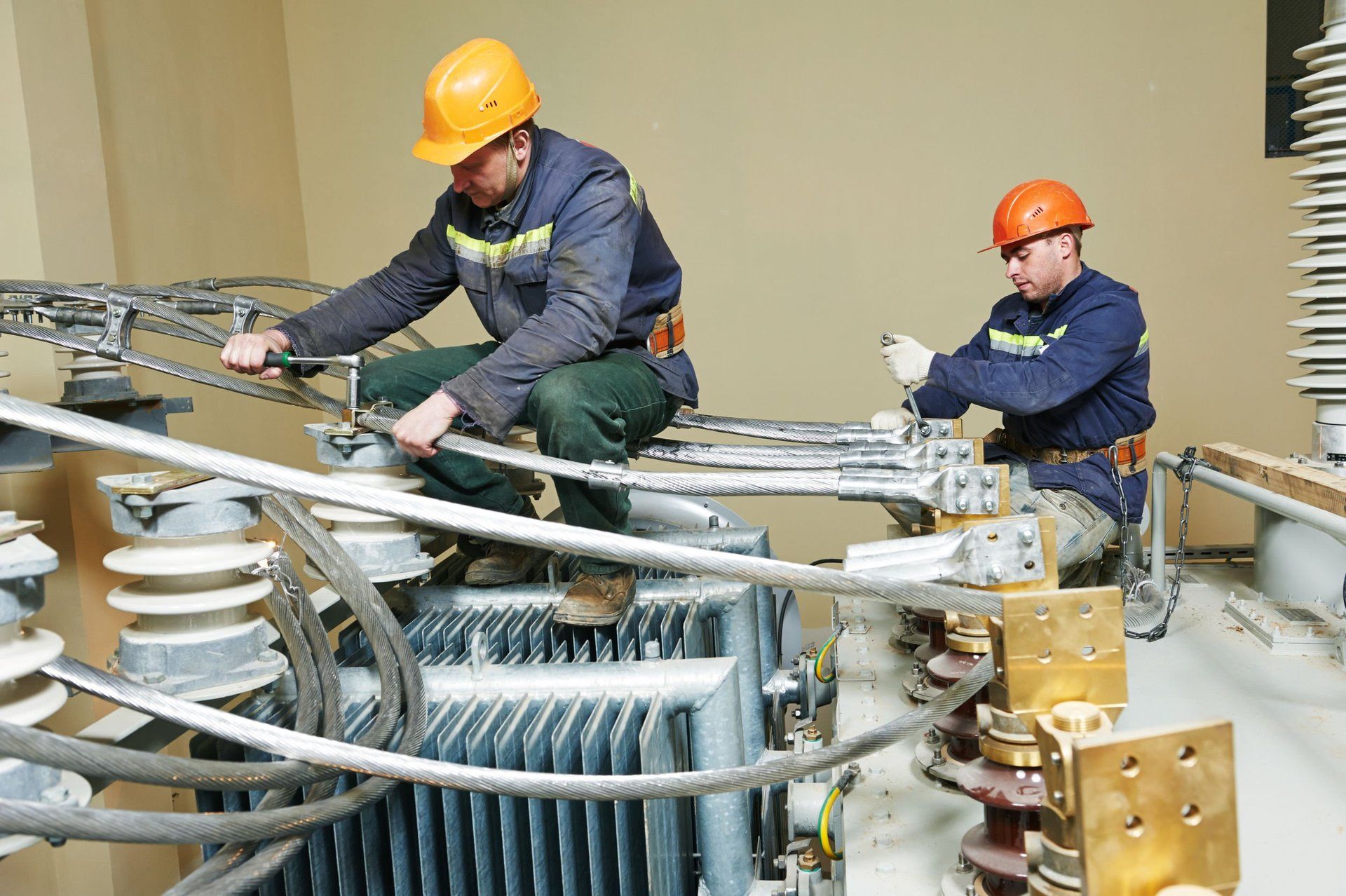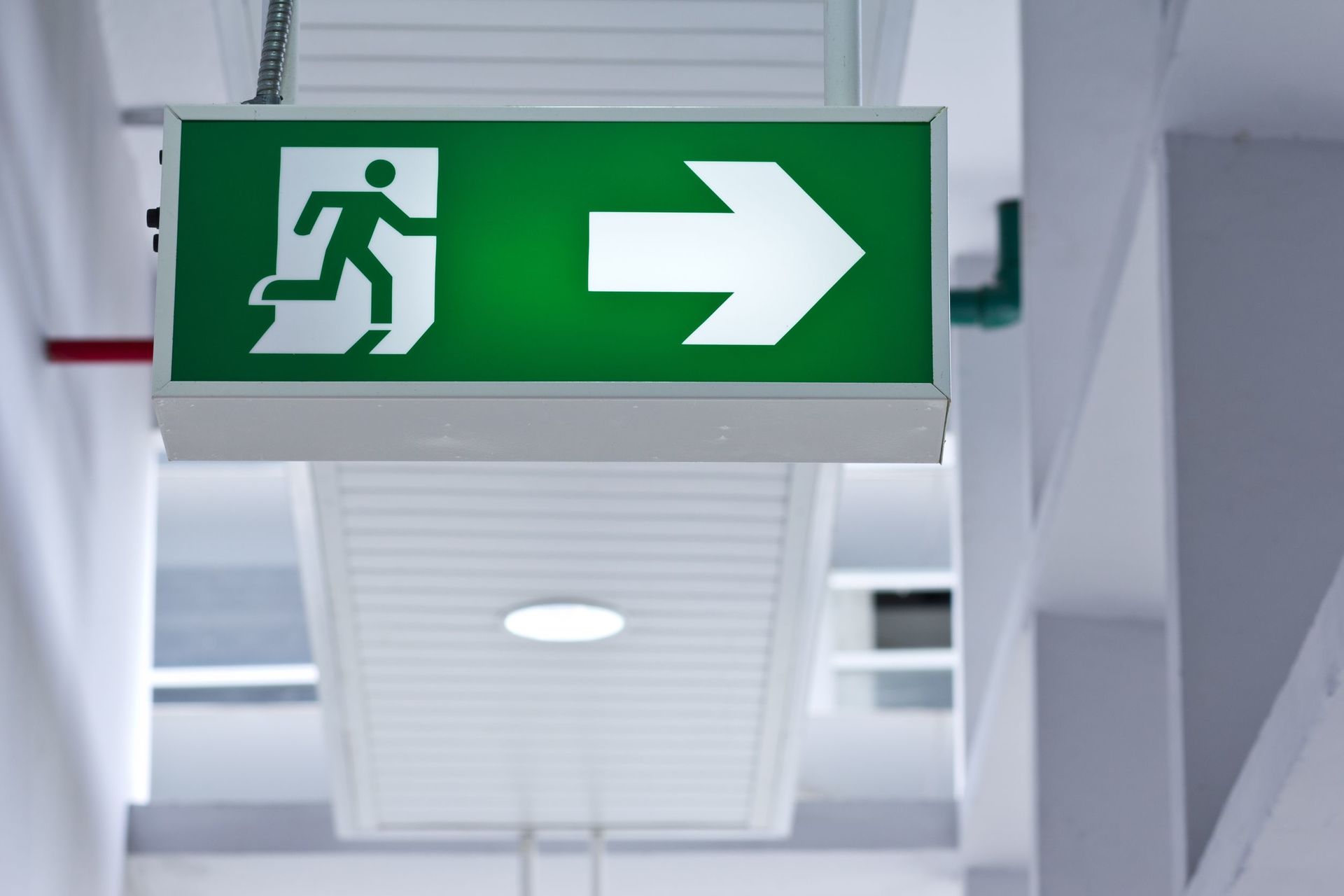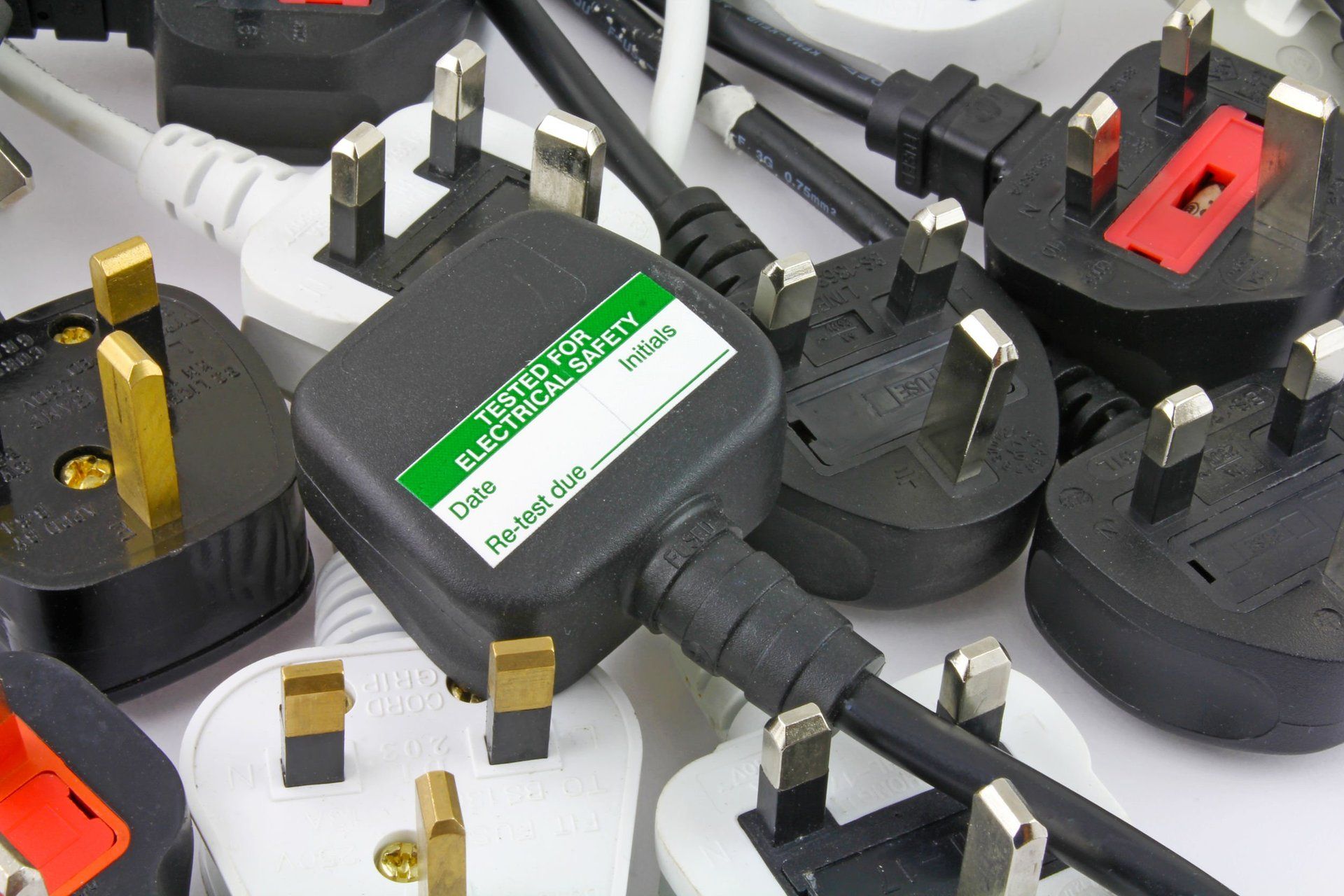Fixed Wire Testing Nottingham
Industrial and Commercial, Fixed Wire Electrical Testing
Why choose CSE Electrical?
- From £6.00 per circuit
- No extra cost for out of hours
- All engineers are DBS enhanced
- Price match guarantee
Why Fixed Wire Testing?
The Electricity at Work Regulations of 1989 place a “duty of care” on employers and landlords to properly maintain electrical circuits as well as all electrical equipment.
Fixed Wire Testing is a crucial element of preventative maintenance for any business, wires can deteriorate over time and very quickly become unsafe and non compliant.
Defined as the reporting and inspection of electrical systems within a workplace or premises, which helps ensure safety, as well as making sure that electrical wiring is compliant with current regulations.
What does Fixed Wire Testing involve?
After an initial visual inspection, All fixed circuits from the distribution board/s must be tested. This includes the integrity and functionality of cables, accessories and devices, as well as any lighting, socket outlets, air conditioning, or any other fixed plant and or equipment.
During the test there is often a requirement for parts of the installation to be isolated for periods of time. With this in mind, you may wish to consider arranging for testing to take place outside of normal working hours, this to ensure minimal disruption to employees, customers or any guests present at your premises.
Our service
Electrical Testing Nottingham provides a first class compliance service from commercial offices, industrial operational warehouses to educational buildings throughout the Nottingham area.
We address all of your electrical safety needs. In addition we protect you from unwanted issues with insurance companies.
Why fixed installation wire testing commercial buildings is important?
Our Fixed Wire Testing Services Include:
- Fixed Wire Testing (Periodic Inspection)
- Emergency Light Testing
- Fixed Appliance Testing
- Portable Appliance Testing (PAT)
- Fire Alarm Testing
- Thermal Imaging Surveys
Included within our Price
- Full Test Report (EICR)
- NICEIC Certificate
- Circuit Charts
- Defects List (Rated C1 – Critical/Urgent to C3 – Requires Improvement)
- Remedial Works Required.
- Associated Costs for Remedial Works which you can compare against other quotations.
Request a Quote
Contact Us
We will get back to you as soon as possible.
Please try again later.
-
What is Fixed Wire Testing?
The term Fixed Wiring Inspection &Testing generally refers to the inspection & testing activity of the electrical installation within a building. This being the electrical wiring and systems between the incoming electrical supply and final circuits; eg plug sockets, isolators, lights etc.
It would not refer to equipment which is plugged in or wired into spurred sockets or isolators. Please refer to our Fixed Equipment Testing for more information.
Electrical Fixed Wiring Inspection &Testing can also be generally referred to as; Fixed Wire Inspection, Periodic Inspection and Testing, or Electrical Installation Testing.
-
Is Fixed Wire Testing a legal requirement?
The Health and Safety at Work Act 1974 is an act of parliament which places a duty on all employers to; ensure, so far as is reasonably practicable, the health and safety and welfare at work of all their employees.
Within the act there is a provision for regulations which cover the legal requirement pertaining to specific subject areas and The Electricity at Work Regulations 1989 covers electrical systems within occupied premises. The regulations make reference to various standard codes of practice (ACOP), British Standards and guidance notes which have been published by bodies other than the Health and Safety Executive. These provide best practice guidance for complying with the regulations. For Fixed Wiring Inspection & Testing these include;
British Standard BS7671 – Requirements for Electrical Installations, IET Wiring Regulations
IET Inspection & Testing Guidance Note 3
HSE Electricity at Work – Safe working Practices
HSE memorandum of guidance on the Electricity at Work Regulations 1989
The Electricity at Work Regulations 1989 section 3a states that an employer or self-employed person is to comply with the provisions of these regulations in so far as they relate to matters which are within his/her control. It’s also worth noting that regulation 3 (2a) states that it is a duty of every employee, whilst at work, to cooperate with his/her employer so far as is necessary to enable any duty placed on an employer by the provisions of these regulations to be complied with.
The Electricity at work regulations 1989 impose duties on “employers” and “duty holders” in respect to electrical systems, electrical equipment and conductors.
The purpose of the regulations is to prevent death or personal injury to any person from electrical causes in connection with work activities.
Employers and self-employed people must comply with the provisions of the Electricity at work regulations 1989. Regulation 4 (2) states that as necessary to prevent danger, all systems shall be maintained so as to prevent, so far as reasonably practicable, such danger.
A duty holder can demonstrate compliance with the regulations, in respect to their electrical installation, by employing a competent company to carry out an electrical fixed wire inspection and test of their premises.
-
How often should Fixed Wire Testing be carried out?
The maximum period for testing is 1-5 years or when change of occupancy occurs. Below is a table with the types of installations we test as well as the recommended routine check period and maximum period.
Educational Buildings - 5 years
Hospitals - 5 years
Shops - 5 years
Churches - 3 years
Public Entertaintment - 3 years
Swimming Pools - 1 year
Offices - 5 years
Industrial - 3 years
-
Included within our Fixed Wire Testing Service
Although the level of the periodic Fixed Wired Inspection will be agreed with you, as a minimum, the following tests shall be carried out unless otherwise specified.
A visual inspection is to be carried out to verify that the equipment has been correctly selected and erected for the environment where it is located and the installation meets current working practices. It also ensures that the installation is not damaged or deteriorated, so as to impair safety.
Testing to ensure continuity of Protective Conductors, including main protective bonding conductors and supplementary bonding.
Polarity will be checked and tested where permissible.
Operation of devices for isolation and switching.
Earth electrode resistance if applicable.
Earth fault loop impedance completed at origin of installation and distribution boards.
Z's at outlets, light fittings, fused spurs etc will be calculated form r1 + r2 as per Method 2 in the IET Guidance Note 3, regulation 621.9 Installation resistance and RCD testing.
Prospective fault current tested at origin, distribution boards, where protective devices are installed and other relevant points as required.
Our Price Includes:
- Pre and Post Consultation if required to schedule a full programme of testing.
- Distribution board blanks. As our engineers are testing and inspecting, they will simply supply and replace any blanks.
- Seamless, non disruptive testing
- Updated circuit charts shall be provided for all distribution boards.
- Rectify any faults posing imminent danger, once approved by the key decision maker.
- All our engineers are DRB enhanced checked.
- Quick Turnaround - EICR Report & competitive remedial quotation delivered within 10 workings days of testing completion.
-
Our Accrediations
CSE is an approved contractor with the National Inspection Council for Electrical Installation Contracting (NAPIT) and accredited by the United Kingdom Accreditation Service (UKAS) to undertake Inspection and Testing of Fixed Wiring Installations.
(NAPIT) is one of several organisations which regulates the training and work of electrical enterprises in the UK. The NAPIT is one of several providers given Government approval to offer Competent Person Schemes to oversee electrical work within the electrical industry.
(CHAS) each month thousands of contractors and consultants (suppliers) apply for work with public and private sector organisations (buyers). To win work, they must meet the buyer’s health and safety standards. Assessing suppliers health and safety competence is usually a lengthy and time consuming process. Suppliers can sometimes meet one buyer’s Health and Safety standards but not another. Being CHAS approved reduces duplication as suppliers compliance is accepted by all CHAS buyers.
Trustmark is the only Government endorsed scheme for trades in and around the home. We award registered firms with our accreditation after thorough vetting and on-site inspections to ensure the firm is raising industry standards.
Constructionline is the UK’s largest register of local and national pre-qualified construction and construction-related services. It offers commercial gains to the construction industry as a whole by supplying public and private sector procurers with a single national pre-qualification scheme, improving efficiency and streamlining procedures for all. Set up in 1998 in response to Sir Michael Latham’s 1994 report on modernising the construction industry ("Constructing the Team"), Constructionline is designed to streamline procurement procedures, reducing supplier and client costs and wasted time and effort at the pre-qualification stage, rendering the construction industry more efficient and effective.
Founded in March 2004, HS Direct Ltd has grown from a small start-up organisation with just a handful of clients to providing Health & Safety assistance to over 6000 customers annually. Now, with a large team of highly committed staff you can be assured you are selecting a stable company to assist you with your projects Health & Safety regulations.
All our engineers, apprentices and office staff are DBS enhanced checked.



